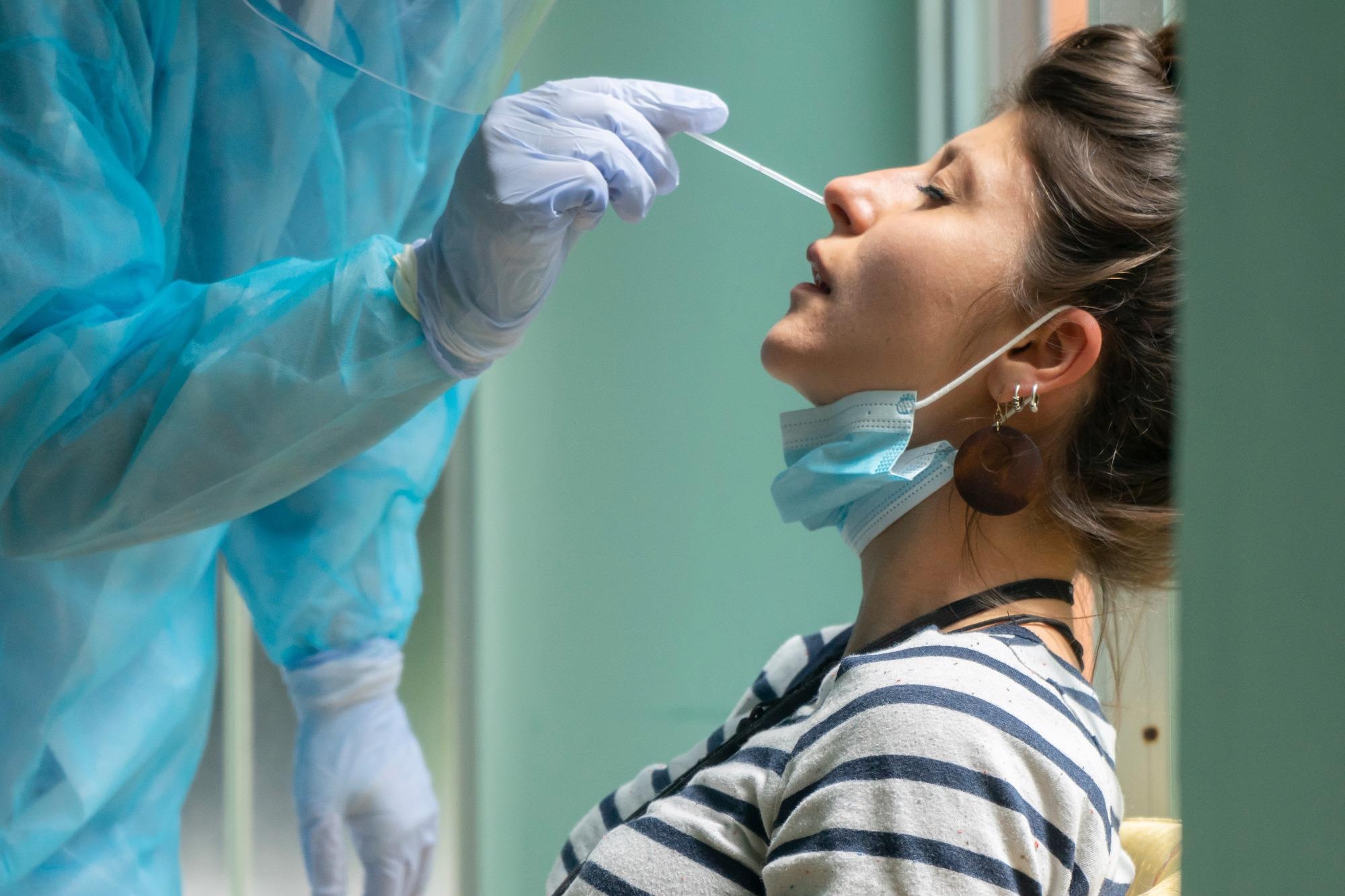In a recent study published in the Journal of American Medical Association (JAMA), researchers evaluated the duration and level of protection conferred by a coronavirus disease 2019 (COVID-19) infection among non-vaccinated subjects.
In over two years of the COVID-19 pandemic, its etiologic agent, the severe acute respiratory syndrome coronavirus-2 (SARS-CoV-2), has been extensively studied. In addition, several therapeutics have been designed and implemented, yet the crisis is yet to be effectively controlled.
Throughout the pandemic, various reports have surfaced related to the recurring SARS-CoV-2 infection. While vaccination has effectively lowered disease severity and mortality, many vaccine-breakthrough cases have been reported. Although more than 10 billion vaccine doses have been administered globally, a considerable proportion of the population is yet to be jabbed and is at risk. Given the reports of COVID-19 reinfection, the risk of COVID-19 recurrence in the non-vaccinated population remains poorly defined.
 Study: Rates of COVID-19 Among Unvaccinated Adults With Prior COVID-19. Image Credit: Noiel / Shutterstock
Study: Rates of COVID-19 Among Unvaccinated Adults With Prior COVID-19. Image Credit: Noiel / Shutterstock
About the study
In the current study, researchers conducted a survival analysis in the United States (US), covering a large population and assessing a natural infection's immunity among those yet to vaccinate.
Data on SARS-CoV-2-tested patients from 1300 sites across six states in the western US from October 1, 2020, and November 21, 2021, were collected from the Providence health care system. The study included those who were yet to receive a SARS-CoV-2 vaccine and presented symptoms associated with COVID-19 at testing. Patients were monitored from 90 days after the initial positive SARS-CoV-2 result (determined by a positive nucleic acid amplification test or NAAT) for subsequent (re)infection, determined by a positive NAAT and symptom presentation.
Cox proportional hazards regression was carried out to analyze the disease-free survival of COVID-19 cases relative to controls. COVID-19 cases were SARS-CoV-2-positive at initial testing, while controls were SARS-CoV-2-negative on their initial test. The degree of protection associated with COVID-19 infection was calculated for cases relative to controls. The authors calculated a 50-day rolling mean of protection level to measure protection over time and estimated 95% confidence intervals (CIs).
Findings
The research team identified over 24,000 COVID-19 cases and 97,572 controls. The mean age of COVID-19 cases and controls was 42 and 37.7 years, respectively. Females outnumbered males among COVID-19 cases (55.1%) and controls (58.5%).
Overall, 2.8% controls contracted SARS-CoV-2 compared to 0.4% cases. The hazard ratio for developing the disease among cases was 0.15, 0.12 for hospitalization due to COVID-19, and 0.17 for not requiring hospitalization. Previous infection with SARS-CoV-2 was associated with an 85% protection against reinfection, 83% protection against COVID-19 without hospitalization, and 88% protection against COVID-19-related hospitalization. The team observed relatively durable protection with no attenuation during the study period for up to nine months post-initial infection.
Conclusions
To summarize, the team found that non-vaccinated individuals with a previous history of COVID-19 were at 85% lower risk of COVID-19 recurrence than non-vaccinated SARS-CoV-2-naïve subjects. These findings align with earlier reports, which reported around 80% to 100% protection associated with natural immunity.
The observed protection level is comparable to that reported for messenger ribonucleic acid (mRNA)-based COVID-19 vaccines. The 88% and 83% protection observed against hospitalization and non-hospitalization suggested that infection-induced immunity could offer similar protection against mild and severe COVID-19.